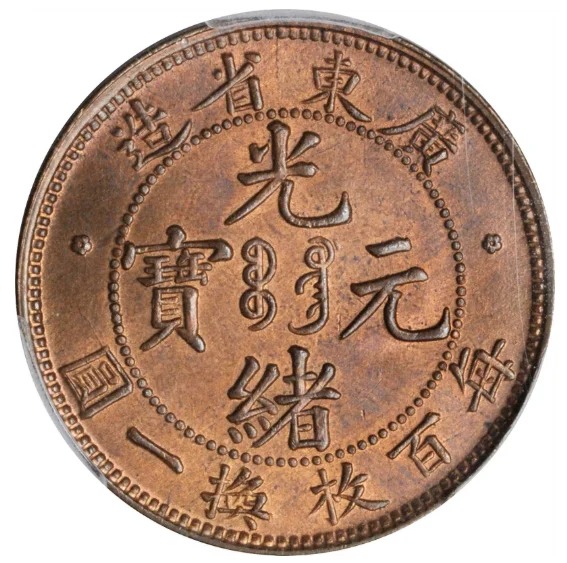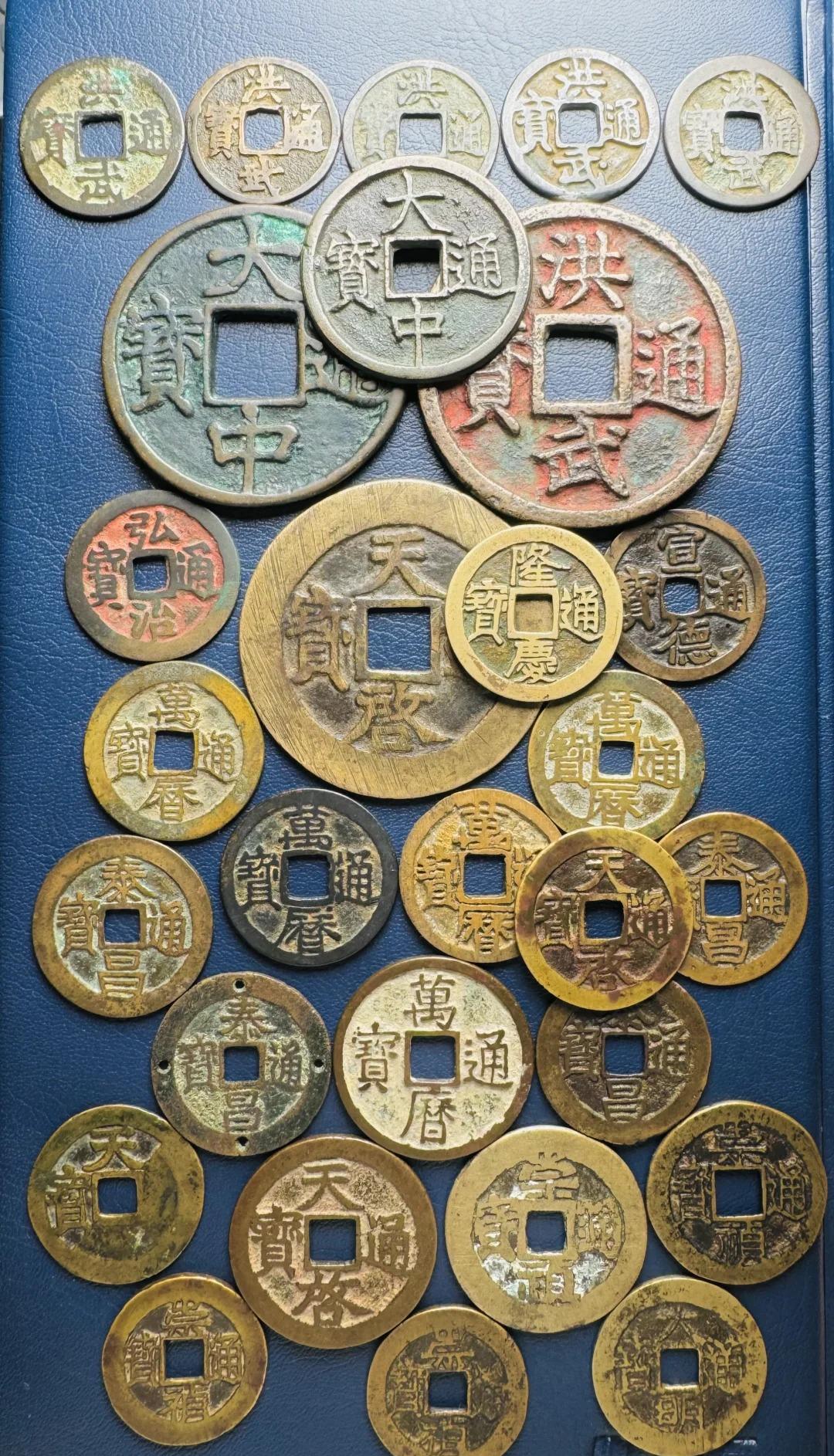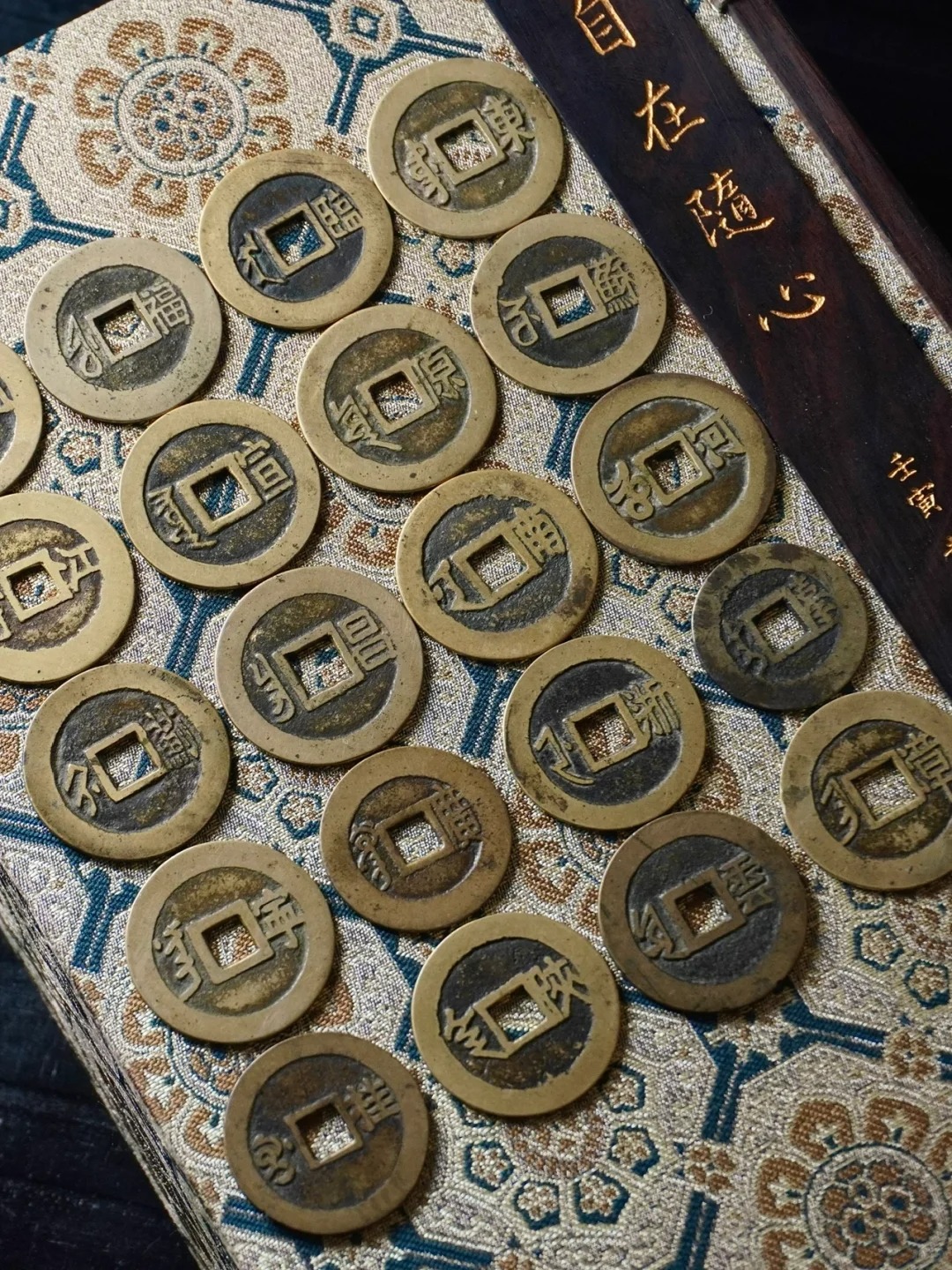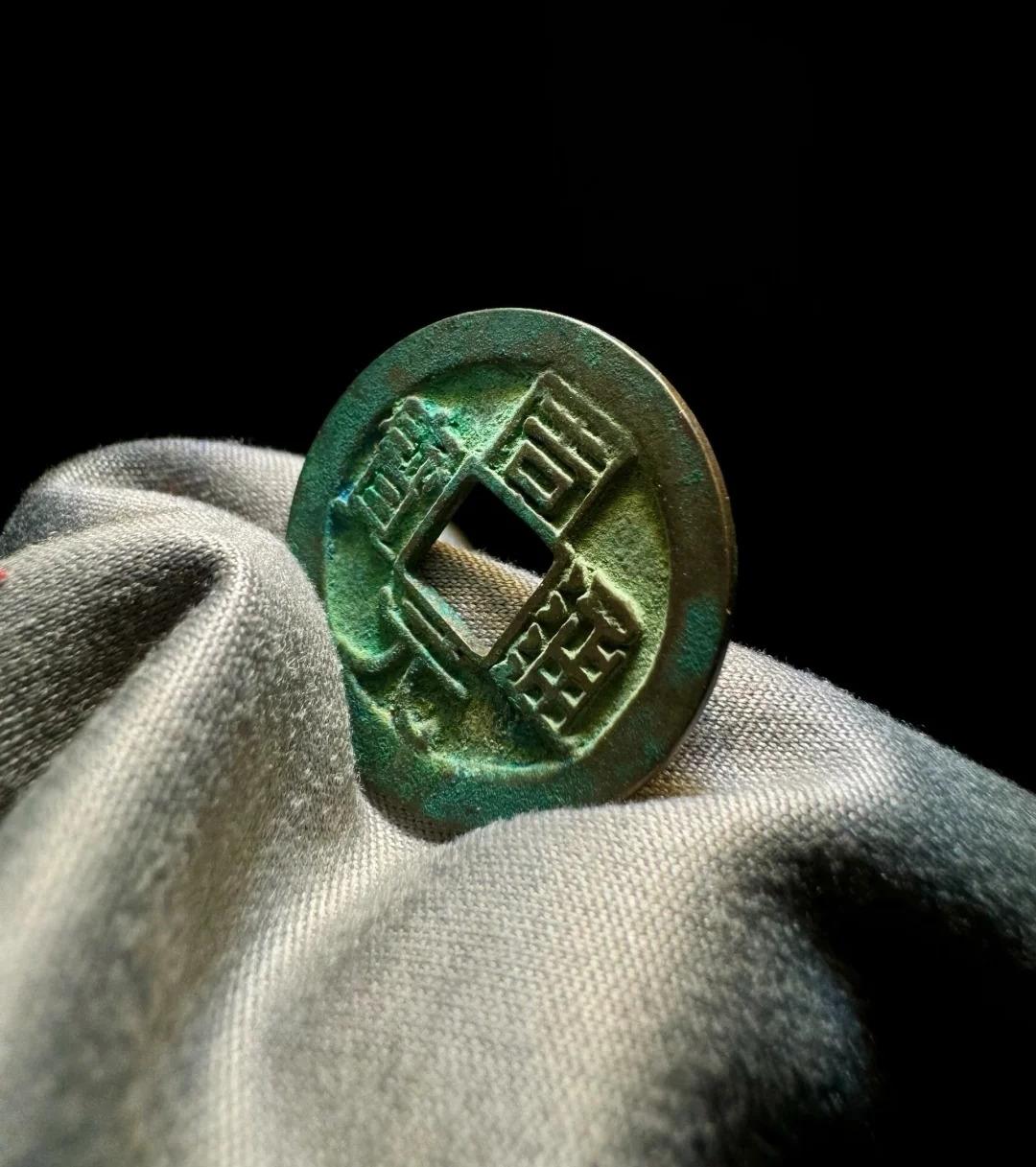Introduction to Ancient Chinese Coinage
China’s numismatic history spans over three millennia, offering a fascinating glimpse into the country’s cultural and economic evolution. Ancient Chinese coins are not merely currency; they are tangible links to China’s imperial past, reflecting the artistic, technological, and philosophical developments of each era.

Evolution of Chinese Coins
Early Forms
- Cowrie shells: Nature’s first currency, used in ancient China
- Bronze tools: Knife and spade money, precursors to standardized coinage
Cash Coins
The introduction of round coins with square holes, known as “cash coins,” marked a revolutionary change in Chinese currency design.
| Dynasty | Period | Notable Coin |
|---|---|---|
| Qin | 221-206 BCE | Ban Liang |
| Han | 202 BCE – 220 CE | Wu Zhu |
| Tang | 618-907 CE | Kai Yuan Tong Bao |
| Song | 960-1279 CE | Various innovative designs |
| Ming | 1368-1644 CE | Hongwu Tongbao |
| Qing | 1644-1911 CE | Qianlong Tongbao |
Famous Old Chinese Coins
Ban Liang Coins
Introduced by Qin Shi Huang, these coins symbolized the unification of China and standardization of currency.
Wu Zhu Coins
Used for over 700 years, Wu Zhu coins represent stability and continuity in Chinese history.
Kai Yuan Tong Bao
These Tang Dynasty coins marked the golden age of Chinese coinage, with their design copied for centuries.

Symbolism and Design Elements
The Square Hole
Representing Earth (square) within Heaven (round coin), the square hole embodies the Chinese philosophy of cosmic harmony.
Imperial Inscriptions
Coin inscriptions often include:
- Emperor’s reign title
- Mint marks
- Auspicious phrases
Artistic Elements
- Calligraphy styles reflecting the era’s aesthetic
- Decorative rims and symbols
Materials
Primarily cast in bronze or copper, with precious metal coins for special purposes or high denominations.

Old Chinese Coins in Museums and Historical Sites
Notable Collections
- Shanghai Museum’s extensive numismatic gallery
- Sichuan Museum’s coin collection, featuring rare Shu Han pieces
Archaeological Sites
- Terracotta Army site in Xi’an, with coin discoveries
- Han Dynasty tombs revealing burial coin practices
Recommendations for Travelers
- Visit the China Numismatic Museum in Beijing
- Explore regional museums for unique local coinage
Collecting Old Chinese Coins: A Traveler’s Guide
Popular Periods for Collectors
- Tang Dynasty for historical significance
- Song Dynasty for variety in designs
- Qing Dynasty for accessibility
Where to Find Authentic Coins
- Antique markets in Beijing, Shanghai, and Xi’an
- Specialized coin shops in historical districts
- Reputable auction houses for rare specimens
Authenticity Tips
- Study common forgeries before purchasing
- Examine patina and wear patterns
- Consider using a portable magnifying glass
Legal Considerations
- Check current regulations on exporting antique coins
- Obtain necessary documentation for valuable pieces
- Be aware of restrictions on certain historical artifacts

Old Coins in Modern Chinese Culture
Contemporary Art and Fashion
- Coin-inspired jewelry and accessories
- Modern art installations incorporating ancient coin designs
Feng Shui and Traditional Beliefs
- Coins tied with red string for good luck
- Use of coin replicas in traditional medicine
Souvenirs for Tourists
- Replica coins as educational collectibles
- Coin-themed crafts and decorative items
Ancient Chinese coins offer a unique perspective on China’s rich cultural tapestry. For travelers, these small metallic discs provide a tangible connection to the country’s imperial past. Whether you’re admiring the intricate calligraphy on a Tang Dynasty coin in a museum or bargaining for a Qing-era piece in an antique market, each coin tells a story of China’s enduring legacy.
As you explore China’s historical sites and cultural institutions, keep an eye out for these fascinating artifacts. They not only represent monetary value but also embody the philosophical, artistic, and technological achievements of Chinese civilization throughout the ages. From the iconic square-holed cash coins to the elaborate designs of later dynasties, ancient Chinese coins continue to captivate collectors, historians, and cultural enthusiasts alike, serving as miniature ambassadors of China’s vast and vibrant history.





